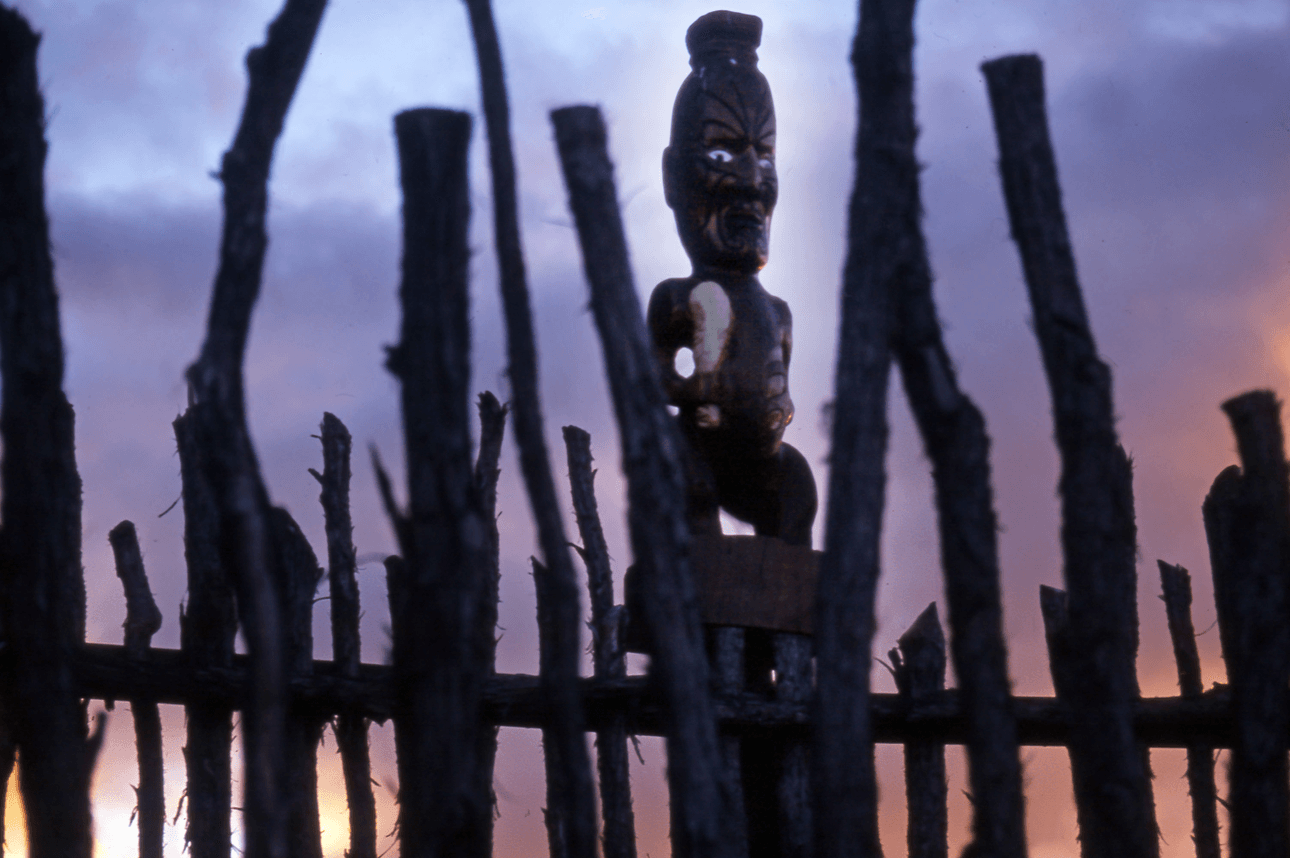These are perhaps the most exciting times for cancer care in our nation’s history, writes epidemiologist Jason Gurney, who welcomes the shake-up to the ‘greater good’ approach that’s been so disadvantageous for Māori.
On my first day as a paycheque-drawing epidemiologist, my boss – who would later become my friend and mentor – handed me a stack of articles and reports. Some were freshly printed, while others were ear-marked, coffee-stained and covered in yellow highlighter.
“Take these,” she said. “And read them all. That’s your only job this week. We’ll talk next Monday.”
With my feet under my new desk, I started on the pile. Among the first was an article that described the appalling inequity in rates of liver cancer among Māori, largely attributable to childhood infection with the hepatitis B or C virus. Next was a paper detailing differences in the likelihood of receiving curative versus palliative care between Māori and non-Māori lung cancer patients; then another showing that Māori with stage-three colon cancer, a stage at which treatment with chemotherapy is considered best practice, were half as likely to receive it – even after accounting for differences in things like comorbidity.
As the week progressed, the pile reduced – but the story did not improve. A strong theme began to emerge: no matter where we look across the cancer pathway, Māori are doing worse. In some areas, the difference is night-and-day; but in others, the differences are barely perceptible. Māori are just a little bit less likely to have their symptoms picked up by their GP. Just a little bit less likely to be referred to a specialist surgeon. Just a little bit less likely to live close to where radiation therapy is delivered.
But the little bits add up. In our own recent study, we showed that Māori are less likely to survive 23 of the 24 most common cancers in New Zealand. Lung cancer kills more Māori than the next five or six most common cancers combined – and Māori are around 30% more likely to die of their lung cancer than non-Māori patients. And while rates of lung cancer are falling over time, this 30% survival disparity hasn’t changed in at least two decades.
We shouldn’t really be shocked at the lack of progress in reducing cancer inequities for Māori, nor for other minority groups such as Pasifika. For the longest time, we’ve taken a greater good approach to delivering healthcare, under the presumption that what is good for the goose is good for the gander. You can understand the logic: in the presence of finite resources – because we tragically undervalue and thus underfund health in this country – decision-makers have, for generations, pushed nearly every dollar into things that the majority of New Zealanders need.
The obvious problem with this approach is that it privileges those in the majority; and without putting too fine a point on it, those people tend to be Pākehā. It shouldn’t be terribly surprising that a health system engineered and funded to operate best for the majority will invariably lead to abhorrent inequities in access and outcomes for those in the minority.
The changes announced by minister of health Andrew Little signal an abrupt interruption to the pattern of healthcare delivery that we’ve been running in New Zealand since the signing of Te Tiriti o Waitangi. It shows a willingness to go beyond the rhetoric around equity, and actually commit to meaningful change. But most importantly, it shows a willingness to listen: since the ink dried on the Health and Disability System Review, Māori and non-Māori health experts have been calling for an independent Māori-led health authority with actual teeth. Now we’ve got it.
As Dr Matire Harwood has wisely said, the devil will be in the detail with this plan. In the context of cancer, it is crucial that our new cancer control agency Te Aho o Te Kahu – charged with realising the goals of our new Cancer Action Plan, which include achieving equity in cancer survival for Māori by 2030 – is left as an independent authority, rather than subsumed into one organisation or another. And we’ll need to make sure that the opportunities provided by the centralisation of cancer care delivery away from the district health board model – like ensuring that standards of care are dictated from the top-down – do not detract from our ability to provide cancer care that is responsive to the nuanced needs of small communities.
But overall, now is the time for quiet – or loud – optimism. With the birth of our first cancer control agency a year ago, and the announcements of the new Māori Health Authority, these are perhaps the most exciting times for cancer care in our nation’s history. The metastatic inertia in our health system that has been a complicit driver of inequities in health outcomes for Māori is finally getting a proper shake-up. We are right to be happy.
Dr Jason Gurney (Ngāpuhi) is director of the Cancer and Chronic Conditions (C3) research group at the University of Otago.





